
The blood test offers patients advanced screening methods capable of detecting colorectal cancer in its earlier stages.

The blood test offers patients advanced screening methods capable of detecting colorectal cancer in its earlier stages.

AIC100 could meet an unmet medical need to effectively treat individuals with anaplastic thyroid cancer — the most aggressive form of the disease.
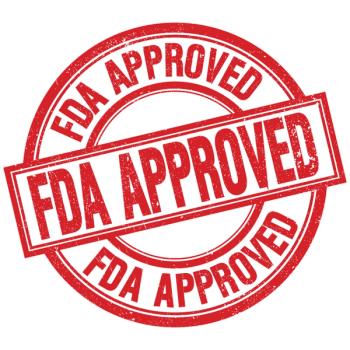
In April 2017, the drug was approved to treat the slow loss of the ability to walk for symptomatic patients aged 3 and older who had Batten disease.

The decision offers patients with difficulty swallowing their medication expanded options for treatment administration.

The decision expands the use of incobotulinumtoxinA beyond treatment of frown lines.
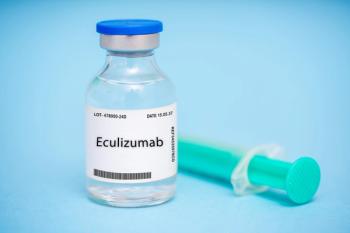
Eculizumab-aagh does not have an interchangeable designation, though that could be updated in the future.

A large portion of the population of patients in the United States with GERD have the non-erosive type of the disease.

The drug is intended to treat individuals with metastatic or locally advanced melanoma.

Following the previous FDA approval of faricimab-svoa to treat some of the leading causes of vision loss, the Administration has approved a single-dose prefilled syringe of the drug which could lead to safer and more efficient administration while easing patient burden.

Pulsed field ablation may offer patients an efficacious treatment option with limited damage to surrounding tissues.
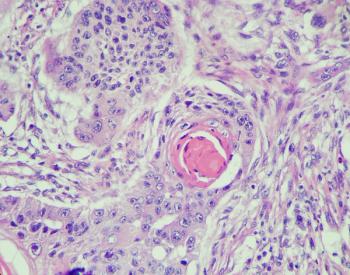
ADI-270 is a gamma delta CAR T-cell therapy candidate targeting CD70-positive cancers.

Donanemab-azbt is the first and only amyloid plaque targeting therapy that supports stopping therapy when the plaque is removed.

FoundationOne Liquid CDx can be used to identify niraparib and abiraterone acetate eligibility in patients with metastatic castration-resistant prostate cancer (mCRPC).

The designation was approved based on interim data from a phase 1 study that assessed SV-102 among males with metastatic castrate-resistant prostate cancer (mCRPC).

This is the first novel, precision mechanism of action to be released to treat patients with CIDP in over 3 decades.

Small cell lung cancer is initially responsive to platinum-based chemotherapy, but it does develop drug resistance over time, furthering the need for better treatment options.

RCT1100 is designed to deliver DNAI1 mRNA directly to affected airways through an inhaled nebulizer and fills an urgent unmet need in the treatment of those with primary ciliary dyskinesia.

Tepylute is a ready-to-dilute, injectable formula that reduces preparation time and enable dosing accuracy.

Antibody drug conjugate TUB-040 demonstrated superior biophysical properties for treating platinum-resistant ovarian cancer.

A biologics license application (BLA) for patritumab deruxtecan receives complete response letter due to inspection findings at third-party manufacturer.

After over 2 decades, the first inhaled product with a novel mechanism of action has been approved by the FDA for the treatment of chronic obtrusive pulmonary disorder.

The supplemental new drug application (sNDA) for brexpiprazole is accepted by the FDA for treatment of patients with post-traumatic stress disorder (PTSD).

Adagrasib receives accelerated approval for patients with previously treated KRAS G12C-mutated locally advanced or metastatic colorectal cancer (CRC).
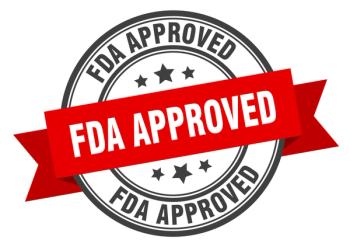
After being previously approved in June 2023 under an Accelerated Approval process, the FDA has granted an expanded approval for non-ambulatory individuals and individuals 4 years of age or older.

Hyperhidrosis affects an estimated 10 million individuals in the US and is characterized by abnormally increased sweating, beyond what is necessary to regulate body temperature.

Although the committee's vote is non-binding, it does raise questions about optimal evaluation of psychedelics in clinical trials.

The indication is for adult patients with primary advanced or recurrent endometrial carcinoma and is the third indication that pembrolizumab has received for this disease state.
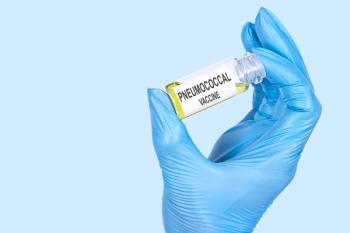
V116 (Capvaxive; Merck) elicited higher immune responses than the comparator for the serotypes that are unique to the vaccine, according to studies submitted to the FDA.

The FDA approved blinatumomab for treatment of patients with CD19-positive Philadelphia chromosome-negative B-cell precursor acute lymphoblastic leukemia.

Durvalumab plus carboplatin and paclitaxel, continued with durvalumab monotherapy, decreased the risk of disease progression or death by 58%.